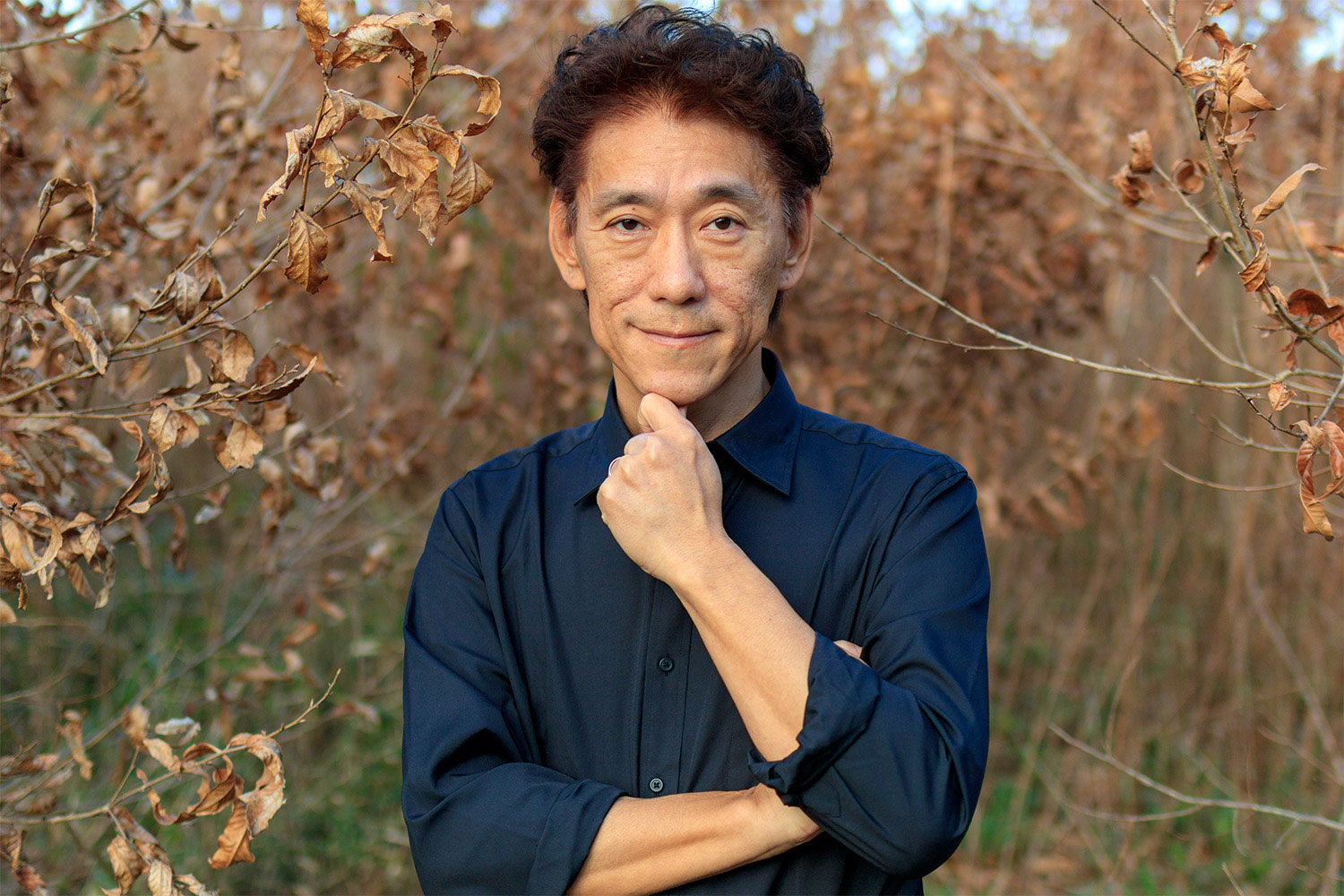
KOHJI Suwa ⁄ 諏訪光二
Profile
I have been a lecturer at the University of Art and many workshops for many years, and has worked as a photographer in commercial photography, magazines, etc., and has written manuscripts about photography in photographic magazine. From 2003 to 2014, I have launched a project to disseminate the culture of photography as art to Japan, and have also done activities.
For a long time I took the attraction of natural architectural beauty such as roots of tree, and rocks. Now I will present a vision that exists in my head and express the existence of society and I hope make people's minds connect a better future by my photographs.
長年にわたり芸術大学や多くのワークショップで講師を務めながら、商業写真、雑誌等で写真家として活動し、写真専門誌での原稿執筆等を行ってきました。2003年から2014年までは芸術としての写真の文化を日本国内に広めるためのプロジェクトを立ち上げ、活動も行ってきました。
長らく木の根や岩など自然の造形美をモチーフとして被写体の魅力を捉えてきましたが、現在は自分の頭に存在するビジョンを写真に収め、社会の有り様を表現するとともに人々の心をより良き未来に繋いでいけたらと思っています。
Projects
"Deceived Memory"
Memory is not an image of our own remembrances but is said to be modificated as we want. When we remember something, every image always turns out to be quite different. It can be said that memory lacks its accuracy.
I’m trying to express ‘the vague memory’ in my art works this time.
Memory is a thing that is simplified in layout and formed with a plain outline. The remaining outline is people’s emotions, such as joy, compassion, hatred and surprise. Judging by the vague memory sometimes brings self-centered admiration, and convicts others. Moreover, it could cause war. So, we shouldn’t be caught by the past itself. We should judge things looking ahead to the future.
I think photos can’t be memories, but are just records. In my art works this time, I tried to convert universal records into vague memories by using ‘water’ as the photographic object. All memories are vague. If what I say is true, the moment people remember something is just once in your lifetime. I think the depiction that is washed out by water and accidentally created, is the closest to the imagined scenery.
We have an ancient saying, ‘make everything water under the bridge’, which means we forget everything instantly. That is, we have a culture that we forget and forgive what has happened, and even if we still have some hatred, we try to control our feelings and create a new future with each other. Thinking about the future and talking a lot about it together is important. That is what I really want to tell through my photographs.
「記憶は嘘をつく」
記憶というものは、オリジナルの出来事へと時間をさかのぼることによって生まれるイメージではなく、都合よく捻じ曲げられたイメージなのだという。取り出すたびに、まったく別物になってしまうほどその正確さを欠いていく。それが記憶だ。
私がこの作品で表現を試みているのは「曖昧な記憶」である。
単純化を極めた画面構成に平明な輪郭。記憶というものは所詮、その程度のものなのではないだろうか。その残された輪郭は喜び、悲しみ、慈しみ、憎しみ、驚きなど、人の感情の輪郭である。曖昧な記憶による物事の判断は、時に身勝手な称賛を生み、他を断罪してしまい、戦争の原因にさえなってしまう。だからこそ過去だけにとらわれ、縛られるのではなく、未来を見据えて判断すべきではないだろうか。写真は記録であって記憶ではない。本作品においては、「普遍な記録」を「曖昧な記憶」へと変換するために「水」を用いている。そもそもが曖昧であるのなら、思い出した瞬間に一期一会なのが記憶だ。となれば「水」によって洗い流され偶然成立した描写こそが、実は心象風景にもっとも近いものなのであると私は考える。
日本には古来より「水に流す」という言葉が使われ、過去の問題を不問とし、憎しみさえも押し留め 新たな未来を生みだそうとする文化がある。未来について語り合うことの重要性、それが私の作品のメッセージである。
All Images Given from Once-in-a-lifetime encounters
personal Home PageFeel free to contact us.
Nothing will make us happier than having visitors share their thoughts.







